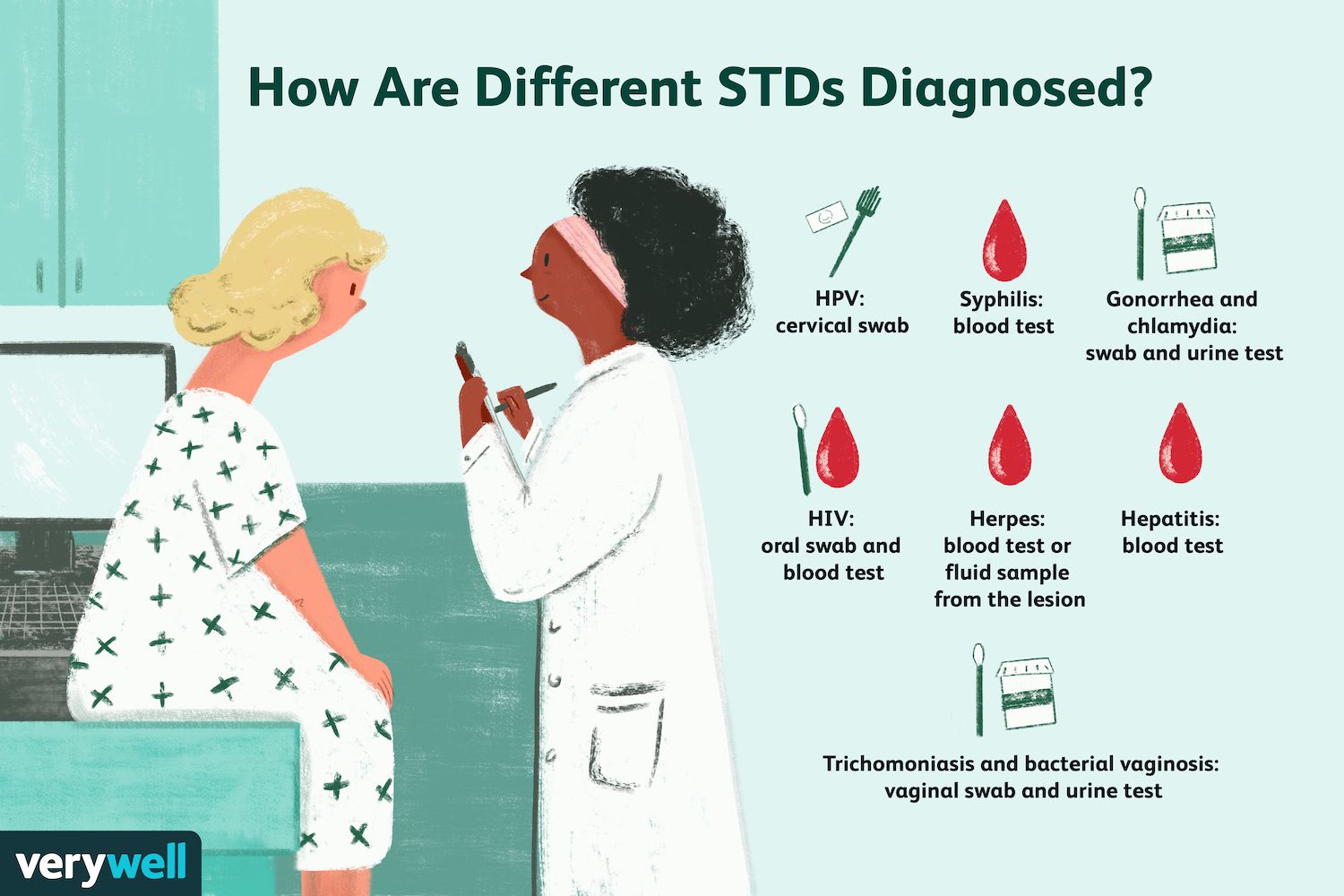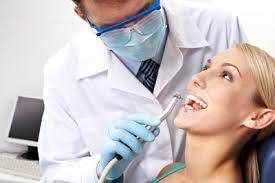Sexually transmitted diseases (STDs) are infections that can be transmitted through sexual activity, comprising vaginal, anal, or oral sex. Many STDs may not present obvious symptoms, making routine testing a pivotal aspect of maintaining sexual health. This text aims to provide information on the recommended frequency of STD testing and general guidelines to aid individuals in making informed decisions about their sexual health.
Recommended Frequency of Testing:
Annual Screening:
For sexually active individuals, annual STD screening is generally recommended, even in the absence of symptoms. Many STDs, such as chlamydia and gonorrhea, can be asymptomatic but can still cause long-term health issues if left untreated. Annual testing aids detect infections early, allowing for prompt treatment.
More Frequent Testing for High-Risk Groups:
Some individuals may be at a higher risk of contracting STDs based on factors such as multiple sexual partners, inconsistent condom use, or a history of previous infections. High-risk groups, including men who have sex with men (MSM), individuals with new or multiple partners, and those with a history of STDs, may benefit from more frequent testing, potentially every 3-6 months.
Pregnancy and STD Testing:
Pregnant individuals should undergo routine STD testing as part of prenatal care. Certain STDs, such as syphilis and HIV, can have serious implications for both the pregnant person and the unborn child if not identified and treated early. Testing is typically performed at the beginning of pregnancy and repeated as needed during prenatal care
Common STDs and Testing Guidelines
Chlamydia and Gonorrhea:
These bacterial infections are common and often asymptomatic. Testing typically involves a urine sample or a swab of the genital area. Annual testing is recommended for sexually active individuals and more frequently for those at higher risk.
Syphilis:
Syphilis is a bacterial infection that progresses through different stages. Testing involves a blood sample, and frequency depends on risk factors. Pregnant individuals may be screened multiple times during pregnancy.
HIV:
HIV testing is essential for early detection and management. Annual testing is recommended for sexually active individuals, and more frequent testing may be advised for those at higher risk, including MSM and individuals using intravenous drugs.
Herpes (HSV):
While there is no routine screening for herpes, individuals experiencing symptoms such as painful sores should seek medical attention. Testing for herpes involves a swab of the affected area during an active outbreak.
HPV (Human Papillomavirus):
HPV is a common viral infection, and routine testing for all sexually active individuals may involve Pap smears and HPV tests for cervical cancer screening. The frequency of these tests depends on age and other risk factors.
Regular STD testing is a crucial component of sexual health maintenance. Annual screenings provide an opportunity for early detection and treatment, reducing the risk of complications and the potential spread of infections. Individuals need to discuss their sexual health history with healthcare providers to determine the most appropriate testing schedule based on individual risk factors. By staying informed and proactive about sexual health, individuals can take charge of their well-being and contribute to the prevention and control of sexually transmitted diseases.
Benefits of STD testing
Routine STD testing is a fundamental aspect of sexual health care, and offering free STD testing in Portland has numerous benefits that contribute to overall well-being.
Early Detection and Treatment:
One of the primary benefits of STD testing is the detection of infections, even in the absence of symptoms. Many STDs, such as chlamydia and gonorrhea, may not manifest noticeable symptoms initially, but early detection allows for prompt treatment. Timely intervention can prevent the progression of infections, reduce complications, and improve health outcomes.
Preventing Transmission:
Knowing one’s STD status is key to forestalling the further spread of infections. Individuals who are aware of their infection status can take appropriate precautions, such as practicing safe sex or informing sexual partners, to minimize the risk of transmitting the infection to others. This proactive approach is pivotal in breaking the chain of transmission within communities.
Protecting Sexual Partners:
STD testing is not only about individual health but also about protecting the well-being of sexual partners. When individuals are aware of their STD status, they can engage in open and honest communication with their partners, fostering a safer sexual environment. Encouraging partners to get tested as well enhances overall sexual health awareness and responsibility.
Preventing Long-Term Complications:
Left untreated, many STDs can lead to severe long-term complications, including infertility, pelvic inflammatory disease, and an increased risk of certain cancers. Regular testing allows for the early identification and treatment of infections, significantly reducing the likelihood of these complications.
Prenatal Care and Prevention of Vertical Transmission:
For pregnant individuals, STD testing is a crucial component of prenatal care. Certain STDs, such as syphilis and HIV, can have serious implications for both the pregnant person and the unborn child if left untreated. Early detection and appropriate management can prevent mother-to-child transmission and improve overall pregnancy outcomes.
Peace of Mind and Reduced Anxiety:
Routine STD testing provides individuals with peace of mind, knowing their current infection status. For those who engage in sexual activity, regular testing can alleviate anxiety related to the uncertainty of potential infections. This mental well-being is an integral part of holistic health.






Leave a Reply